KyoZz
Tag, you're it.
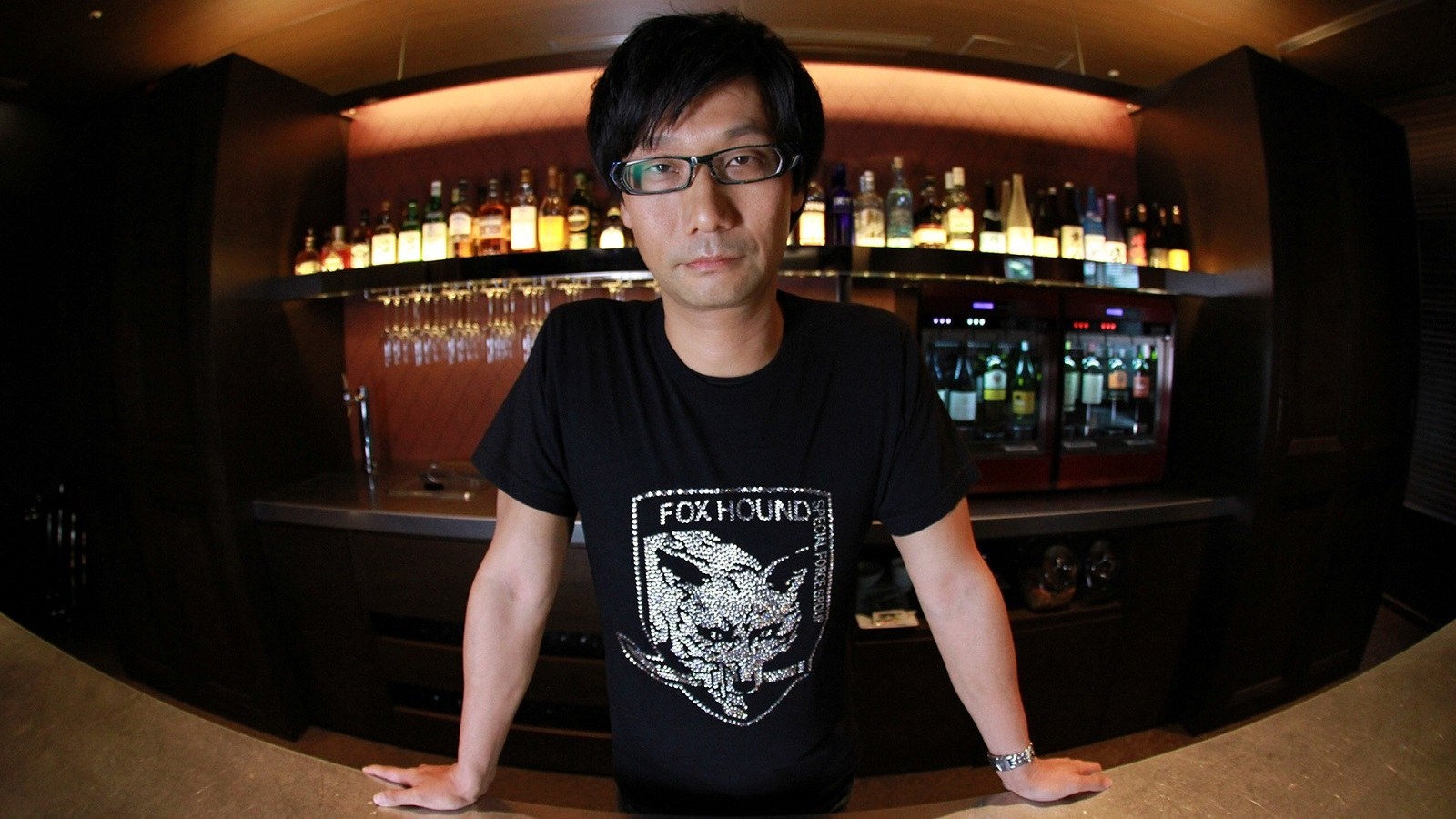
Note: There is a LOT to say about Kojima, and I'm sure I haven't mentioned some things you would like. Unfortunately, I had to make choices to avoid a too long thread. If I made a mistake please correct me, and if you have a suggestion let me know. Now let's dive in !
"Movies and books showed me worlds I never knew about"
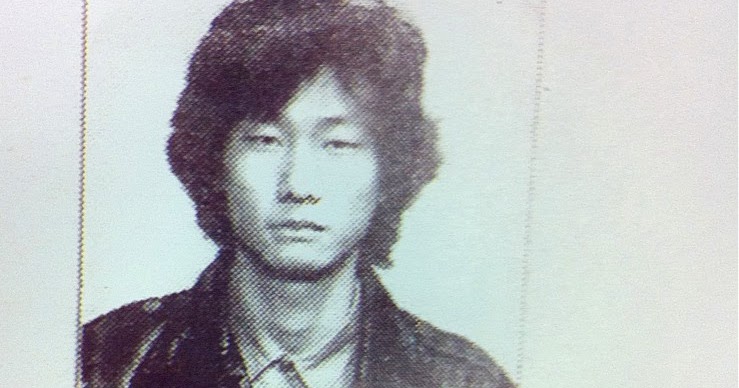
Creator of the Metal Gear series (which have sold almost 55 million units as of June 2019), fans and staff treat him with the kind of reverence reserved for auteurs.
Not surprising, considering the visually and thematically rich storytelling featured in his games. Kojima places equal emphasis on interactivity and narrative—a design choice that is influenced by his childhood love of movies and books:
"They had the power to transport me to countries with foreign customs and people, to the distant past, and even to sci-fi futures. They also put me in the minds of people with different genders than I.
To me, movies and books were like spaceships taking me to worlds that were completely different from the one I knew."
When he was a child growing up in the 1960s and 1970s, the world felt very far away to him (no access to the Internet and traveling overseas by plane was a luxury). Instead, he acquired all of his knowledge through these 2 forms of media.
It also served as an outlet after the death of his father:
"For a period of time after my father passed away, I felt alone. What helped me get through that period were movies and books. This was when I discovered the power contained in entertainment and stories.
I decided that when I grew up, I wanted to work in a job that would allow me to create these kinds of stories."
However, at the time, he also had another dream: to become an astronaut. He idolized the three astronauts of the Apollo Project, who had gone to the moon and come back to tell their story...
"The more people opposed me, the more I thought that my instincts were correct''

It was in video games that Kojima discovered a potential even greater than that of movies and books.
By the time Kojima decided to enter the video game industry in the mid-1980s, the NES had already reached peak popularity. Friends, family, and even professors discouraged him from following through with his decision:
"I was drawn to the interactivity of this medium, I thought this could be as epoch-making as a moon voyage. One of my friends asked me if I'd gone mad" Kojima recalls.
'The game that first pulled me in, that I played a lot, was probably Space Invaders. I remember seeing it first on the news, on TV, and being very impressed by it and thinking "Wow, this kind of thing actually exists.
I already had a vague vision of a future in which video games were phenomenally successful, even if no one around me could see it."
Kojima joined Konami's MSX home computer division in 1986, working on Penguin Adventure, the sequel to Antarctic Adventure, as an assistant director.
After Penguin Adventure, Kojima started to design a game called Lost Warld, but it was cancelled when it was found to be too complex to run on the MSX (which is what Kojima already though before the release of Penguin Adventure).



"And then, everything changed with Metal Gear Solid"

After that, Kojima was asked to take over a project named Metal Gear from a senior associate. Hardware limitations hindered the development of the game's combat, and Kojima had the idea of altering the gameplay and turn the game to a prisoner escaping instead of fighting, taking a lot of inspiration from the movie The Great Escape:
''In the movie The Great Escape, there's that scene where [Steve] McQueen is trying to escape from the Nazi camp. You're wondering if he's going to get spotted and there's a lot of tension there and you're just watching it on screen, watching the action unfold.
Your just feeling that tension as an observer so I wondered, what would it be like if you were actually there? What if I could simulate this somehow in a game and have it be interactive? That's where I start my game designs from, looking at an experience and trying to re-create that experience and create my game designs from there."


Metal Gear was released on July 13, 1987 for the MSX2 in Japan. The game is one of the earliest examples of the stealth genre.
A port of Metal Gear was released for the NES in 1987, with altered graphics, difficulty, and an abridged ending. Kojima has openly criticized many of the changes made in the port, including poor translation and the abridged ending:
"My team was asked to port the original MSX2 version to NES in three months and we had to make some changes per management and due to the hardware limitations"
Metal Gear quickly became a commercial success, and Konami decided to create a sequel to the game, called Snake's Revenge, without the involvement of Kojima.
When Kojima was riding on the Tokyo transit system, he was told about Snake's Revenge by a colleague working on the project, who asked him to make a new Snake game of his own.
As a result, Kojima began work on his own sequel, Metal Gear 2: Solid Snake, and the two were both released in 1990.

The game has received very positive reviews from reviewers. For example, IGN notes that Metal Gear 2 introduced stealth mechanics such as making noise to attract guards, crouching and crawling on the ground, disarming mines, and enemies having view cones.
But Kojima's big break did not come until 1998, when he developed Metal Gear Solid for the PlayStation 1.
"Until then, I was happy just making games as long as I had a roof over my head. But now, there were people all over the world who were waiting for my next game. That's when I began to focus on meeting fan expectations."
In 1994, Kojima began to plan a 3D sequel to Metal Gear 2: Solid Snake
He says he was influenced by the fan mail he received from people all around the world, who came from many different backgrounds.
Kojima found some of the letters moving: they told him how his game had given them encouragement, how they were fighting illnesses and injuries and would not give up fighting until they had played Kojima's next game.
The game instantly becomes a classic, adapting its initial concept to 3D: the stealth game.
When Snake finally arrives at Shadow Moses' base, the cameras are dynamic, just like in movies. The credits scroll from the start, like in a blockbuster. The mention "A Hideo Kojima Game" imposes itself.
The CD-Rom, with his memory which allows him to include numerous video sequences, and finally give him the capacity to satisfy his ultimate film lover's fantasy, the direction of actors.
What everyone will keep in mind is the player's abyss. The "fourth wall" - the TV screen, which separates the player from the game and puts them in the observer position - will shatter again, resulting in one of the most famous scenes in video games:
A boss who has become memorable, named Psycho Mantis, calls out to the disoriented player. It analyzes the memory card of the PlayStation and comments on it. He criticizes Snake's way of being, the player's performance...
To defeat him, you have to prevent him from reading in the hero's head, and for that, you have to unplug the controller and plug it back into the second port, while on the TV, the black screen displays the words "Hideo".
''The players have fond memories of it and congratulate me for it. But at the time, a lot of them, as well as members of my team, were pissed off at me. They told me that was not the way to play a game''
The success of Metal Gear: Solid made the game a franchise, and Kojima released another 7 games, each of which has been enthusiastically received by fans
In a world where the sequels are linked at an annual rate, where the formulas of games are thrown at the public to the point of weariness, he will each time refine his games to give them a unique message, even if it means going into the wall .
"I will continue for the rest of my life"
Kojima remains one of the few creators who have offered games whose theme is parricide (the father in Metal Gear, the mother in Metal Gear Solid 3).
In The Phantom Pain, he brings to mind the tragic fate of child soldiers. When all open-world games like GTA carefully avoid putting children on the streets to avoid the massacre videos on YouTube, Kojima embraces the problem.

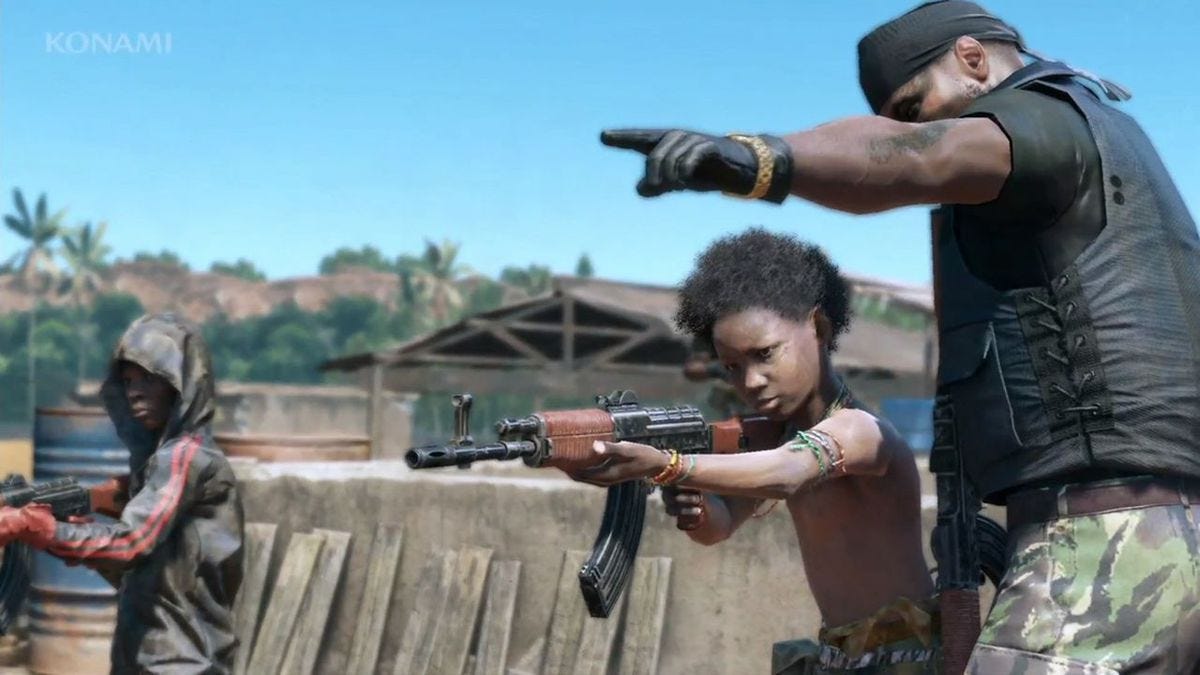
In Ground Zeroes, the prelude to Phantom Pain, it was already about rape and tortured children. The treatment of these sensitive subjects is not allways perfect, but in 2015, he seemed to be the only one who had the guts to give it a go in a big budget game.
This is also what characterizes Kojima, his permanent desire to be deep and light at the same time. The Codec, the permanent communication link between HQ and Snake, rocks discussions that range from local wildlife and military hardware, to Godzilla and human nature.
In a country where psychoanalysis hardly exists, Kojima willingly uses his games to express his own anxieties. The nuclear threat inherent in Japan, paternity, torture and more generally war, everything goes.
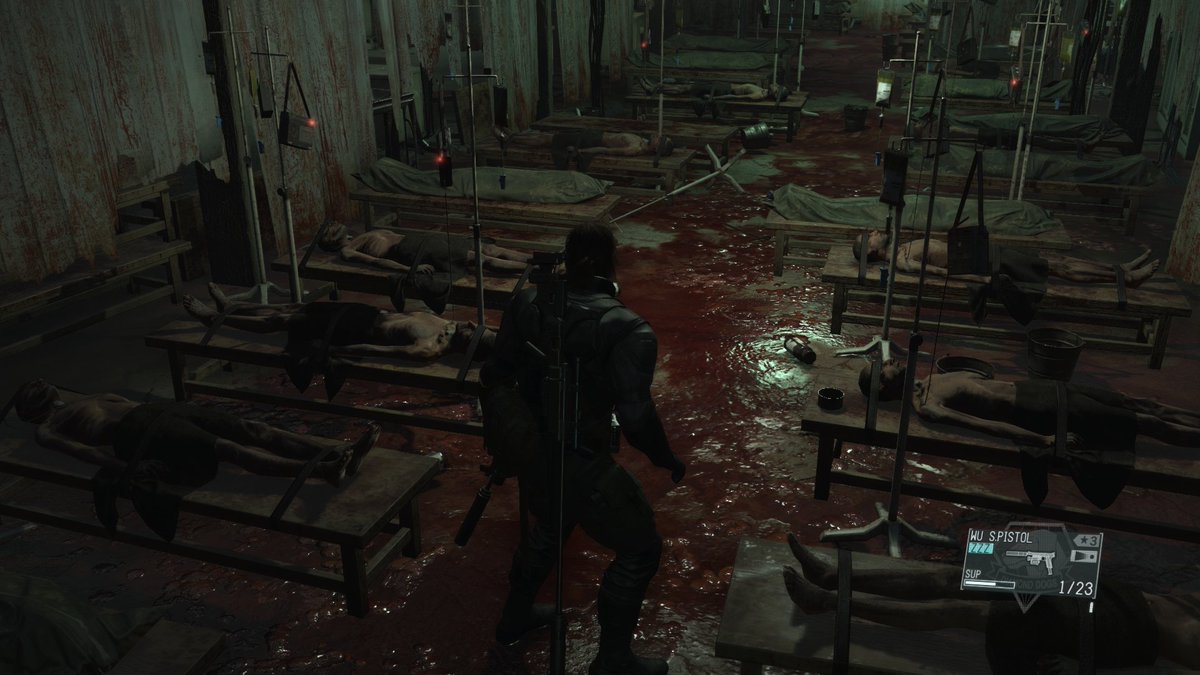

In 2009, Kojima Production dabbled in another genre, the ambitious Metal Gear Rising, a project Kojima only produces while working on Metal Gear Solid: Peace Walker. Despite a promising concept, the project is going straight into the wall.
Hideo then gathers his team and holds a speech of memorable violence. A few months later, the project is reborn from its ashes with the arrival of PlatinumGames, former Capcom studio and game design geniuses.
In an incredible sincere video, Kojima and his team admit their mistakes in a way that is as violent as it is unexpected.
One thing is certain, Hideo Kojima seems haunted by the mark he will leave.
Final Konami projects and departure

In mid-2012 and in the following years after Kojima finished work on the Fox Engine, Kojima has been connected to the Silent Hill series. During this time, he indicated that he was interested in making a Silent Hill game and the first instance of this was on August 18, 2012.
"In the past I've mentioned Silent Hill in interviews, and as a result of that the president of Konami rung me up and said he'd like me to make the next Silent Hill. Honestly, I'm kind of a scaredy-cat when it comes to horror movies, so I'm not confident I can do it.
At the same time, there's a certain type of horror that only people who are scared of can create, so maybe it's something I can do. That said, I think Silent Hill has a certain atmosphere.
This has to continue, and I'd love to help it continue, and if I can help by supervising or lending the technology of the Fox Engine, then I'd love to participate in that respect"
He added in a series of tweets & in an interview:
"Silent Hill is in closed room setting and doesn't require full action so that we can focus on the graphic quality. Enemies featured in the game do not have to be consistent or move fast. It only requires scariness by graphics and presentation.
A guy [like myself] that is such a chicken and is so easily scared – making a scary game – I'm very confident that something horrifying would come out from that. But on the other hand I would have to prepare myself to have nightmares every single day.
Hopefully sometime in the future I'm able to work on this, but I would really need to prepare to have daily nightmares"
In August 2014, PT was released on the PlayStation Store and revealed that a new game in the Silent Hill franchise titled Silent Hills was being directed by Kojima for the PS4, alongside Mexican film director Guillermo del Toro.
Unfortunately, the playable teaser was removed and the game was cancelled In April 2015.
In March 2015, reports began to surface that Kojima would part ways with longtime publisher Konami after the release of The Phantom Pain. Konami later stated that they were auditioning for new staff for future Metal Gear titles and removed Kojima's name from the series' marketing material.
Despite reports that Kojima left the company in October 2015, a spokesman for Konami stated that he was "taking a long time off from work." At The Game Awards 2015, Metal Gear Solid V won the awards for Best Action Game and Best Score/Soundtrack, but Kojima did not attend the event, being reportedly barred from attending by Konami.
Instead, the award was accepted by Kiefer Sutherland on his behalf. On July 10, 2015, regular Kojima collaborator Akio Ōtsuka revealed that Konami had closed Kojima Productions...
On Jun. 13, 2016, a highly anticipated game was announced at E3. It was Death Stranding, the first title developed by renowned game designer Hideo Kojima since leaving video game giant Konami to launch his own studio in 2015.
After establishing Kojima Productions in December 2015, Kojima allowed excitement about the new studio to build for months before taking the stage at E3 2016 to rapturous cheers and applause.
There, he delivered a simple message to fans and industry professionals alike: "I'm back!"
Kojima assembled a team from scratch for it's secretive development and featured Hollywood stars. One of the directors was Guillermo del Toro, who worked with Hideo on the canceled Silent Hills game.
"In Death Stranding, a person plays solo, but at some point he begins to see the traces of other players and realizes that there are many people who follow the same roads.
It seems to me that in this feeling of unity, in the realization that you are not alone in your difficult journey, there is a very strong emotion"



Forty-two months later, he delivered the highly anticipated Death Stranding to the world.
Released on November 8, 2019, the game became a commercial and critical success. It also won a number of awards, including "Best Game Direction" and "Best Score/Music" at The Game Awards 2019.
In November 2019, talking to BBC Newsbeat as part of a documentary about Death Stranding, Kojima said:
"In the future, Kojima Productions will start making films. If you can do one thing well, then you can do everything well"

Also, some other thread in the same spirit:
Peter Molyneux - The sweet promises
Todd Howard: One of a kind
Indiana Jones: let's take a look at some of the most important games in the series (1982 - 2013)
Metal Gear Solid: Hideo Kojima parle de MGS et du Projet Ogre
Vendredi dernier, une douzaine de journalistes ont été invités pour une petite conférence de presse avec Hideo Kojima et Sean Eyestone, à l'occasion de l'ouverture de l'exposition The Art of Video...
www.metalgearsolid.be

How Hideo Kojima Became a Legendary Video-Game Designer
The creator of the renowned 'Metal Gear' franchise discusses his influences in a Smithsonian talk
Metal Gear (série de jeux vidéo) — Wikipédia

Hideo Kojima - Wikipedia

Metal Gear Solid: Kojima évoque des anecdotes sur Mantis, Octopus, Raiden Guy Savage,...
Cette semaine, Metal Gear Solid 1 sur PlayStation fête ses 16 ans en Europe. Et si vous pensiez connaître tous les secrets du jeu, après lavoir fini une bonne centaine de fois...
www.metalgearsolid.be
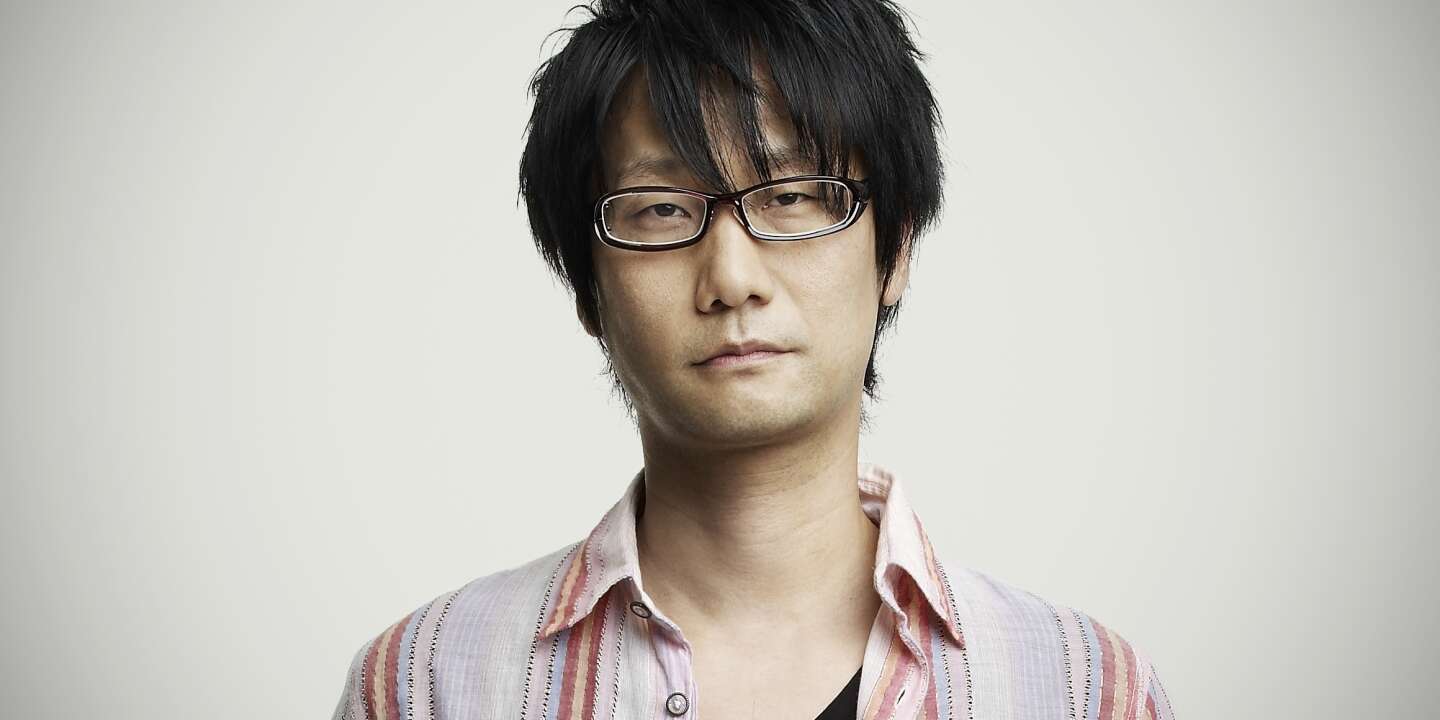
Kojima, ou « Metal Gear Solid » à la vie, à la mort
Créateur de jeu vidéo indissociable des aventures de Solid Snake, le Japonais de 52 ans signe avec « Phantom Pain » ses adieux à la série.
 www.lemonde.fr
www.lemonde.fr

